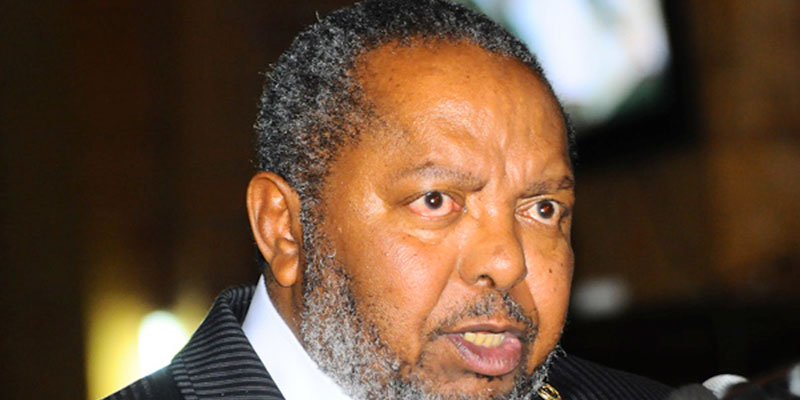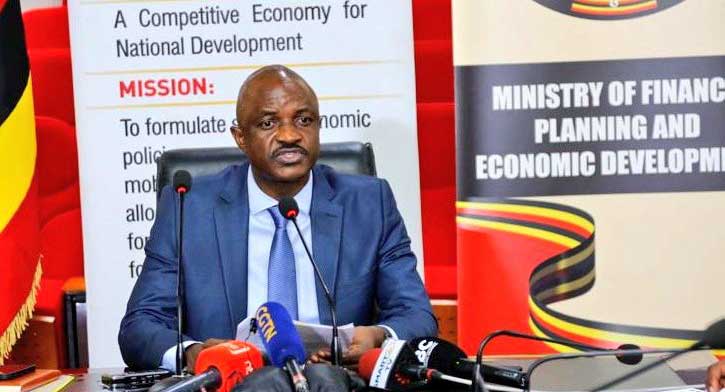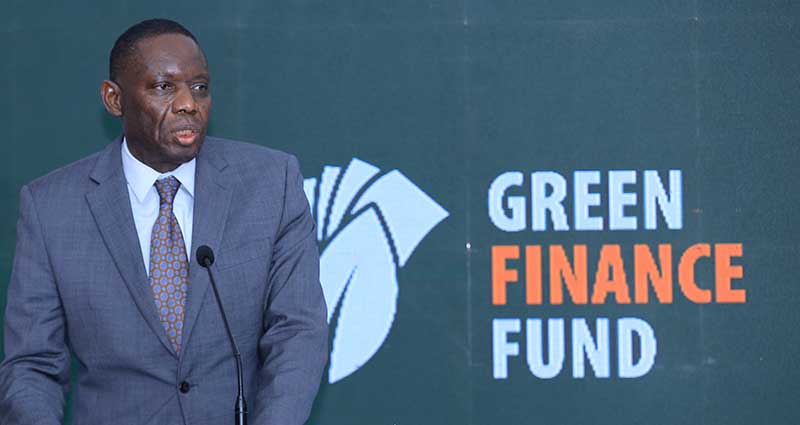Uganda’s economy promisingly grew on an average of 7% per annum for the last decades during 1990-2010. However, during years 2011 to date this rate has slowed down to an average of 5.5 % per annum.
Current estimates indicate that the economy will underperform with growth expected at less than 4 percent due to prolonged drought, political instabilities in South Sudan, slow execution of externally-financed public investments, among other factors.
The slowdown in growth however is prevailing with the increased public debt figures which could have prompted the president to halt the approval of 11 loans worth US$ 914.79m by the Parliament. According the Bank of Uganda’s State of Economy Report (March 2017), Uganda’s public debt is at stand of Ushs.45trillions. Out of this, domestic debt contributes aboutShs.12.56 trillion and external debt Shs. 19.89 trillion.
Out of UGX 29 trillion indicated for expenditure in the FY 2017/18, Ushs7 trillion is expected to be contracted from external sources and Ushs941b from domestic borrowing. All these in addition to the present domestic arrears in terms of salaries for civil servants, suppliers of goods to government, court penalties and awards among others contribute to the high figure the government has to incur.
Also emphasis has been put on sectors like Works and transport, Education and Sports, Energy and Mineral Development. We need to question how much do these sectors contribute to the country’s economy in terms of revenues and how long it might take for such sectors to yield dividends that might be required to service debt.
It should also be noted that most of these loans were contracted by the time when Uganda’s growth rate was at a higher figure ranging between 5-7% in addition to a strong value of shillings against US dollar. According to the MoFPED Performance of Economy report (April 2017), the Uganda shilling depreciated in April 2017 by 0.5% against the United States Dollar (USD) to an average inter-bank mid-rate of Shs.3,619/USD from Shs.3,599/USD. All these increases the burden of public debt especially for servicing external loans.
By taking into consideration the estimated figure of Uganda’s population in comparison with the stand of public debt, each Ugandan is indebted at the tune of almost UGX 1 million. It should be recalled however that about 80% of the population is engaged in subsistence agriculture with unpredictable incomes and majority of the population are unemployed youths.
The question therefore is whether the current budgetary allocations and expenditures can stimulate sufficient productivity and growth dividends to service the national debt.
What is required, therefore, is to invest in those productive sectors such as agriculture- where the largest share of the population is engaged.
In addition, Government should ensure prudent use of resources to minimize wastage through embezzlement. New loan agreements should be carefully scrutinized to ensure maximum value for the country and avoid plunging the country into deeper debt traps.
The author Richard Ssempala is a Research Associate at Uganda Debt Network









